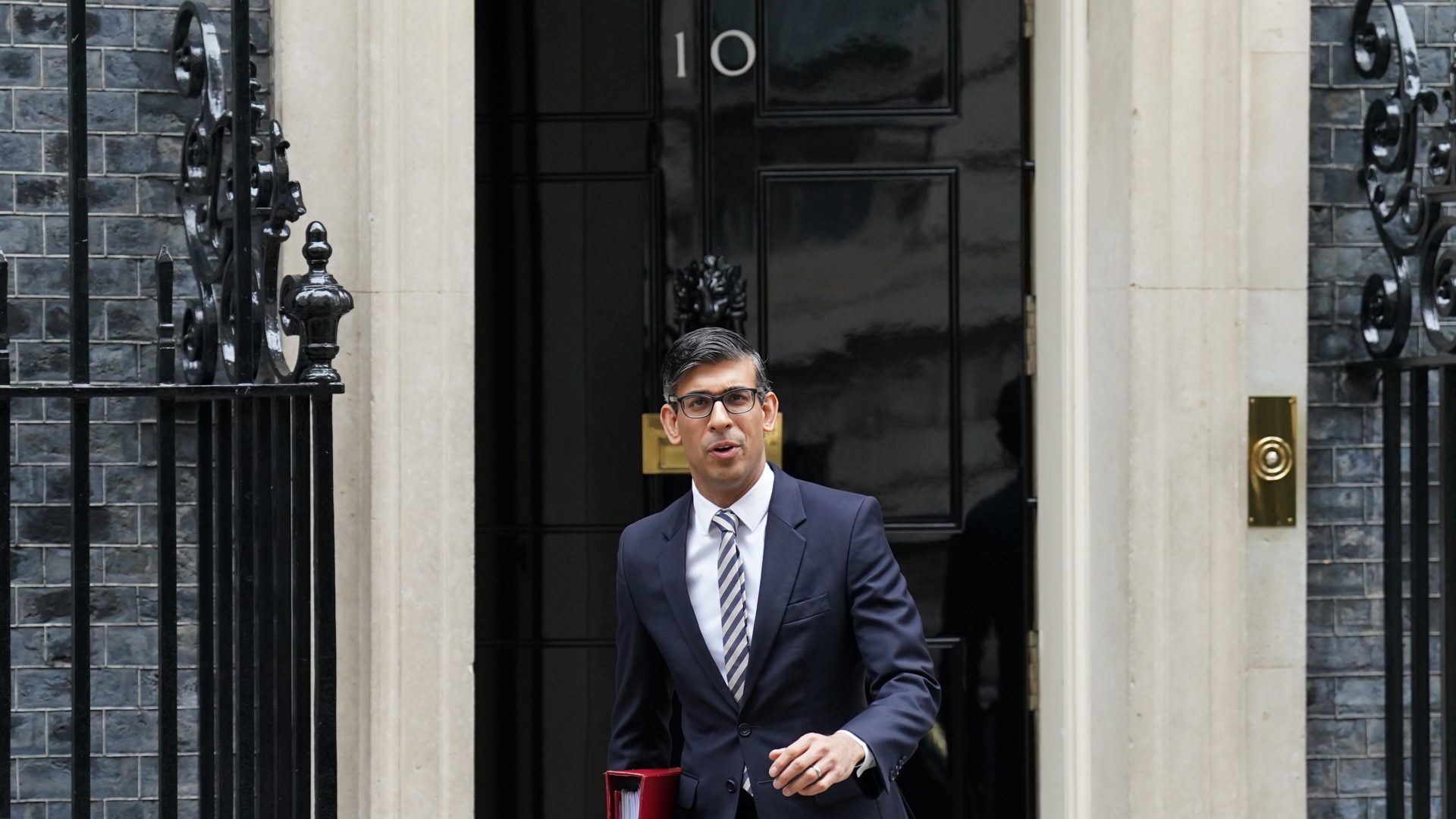It was expected that the deal, a post-Brexit priority, would be signed and delivered by the end of October. British and Indian Prime Ministers Rishi Sunak and Narendra Modi spoke earlier this month but no announcement was made to indicate when the deal would be finalised. Instead, the leaders issued a statement which appears to put the deadline back yet again.
The leaders spoke on November 3 during which most of the conversation centred around the conflict between Israel and Gaza.
During the conversation Mr Sunak agreed with Mr Modi on the importance of securing an “ambitious” trade deal. A spokeswoman for Mr Sunak’s office said: “The leaders discussed recent progress on Free Trade Agreement negotiations. They agreed on the importance of securing an ambitious deal that benefited both sides.”
Now, with Rishi Sunak concentrating on a cabinet reshuffle, it is unlikely a deal will be finalised by the end of the year.
The deadline for completion of the deal has been repeatedly put back and experts now worry that with a General Election looming in the UK and an expected change of leadership, time may eventually run out for the current British administration.
Indian media columnist and UK immigration expert Yash Dubal, director of London-based A Y & J Solicitors, said: “It is widely accepted by both sides that a free trade deal will be economically beneficial, but the devil is in the detail and there have been numerous sticking points, including immigration and free movement of people.
“The deal has been a priority now for the past three British Prime Ministers, but none have managed to cross the finish line and if Mr Sunak doesn’t complete negotiations before his tenure in office is up, the Labour government predicted to win the next general election may have different priorities and policies.”
According to reports the most recent sticking point in the negotiations, which started in January 2022, centred around British opposition to an Indian proposal that investors from the UK who are in dispute must first exhaust all local mediation before opting for international arbitration. The UK had concerns about the time-consuming legal processes in India and wanted to keep an investment pact out of the trade deal.
India, however, considers investment a crucial part of any trade deal. In 2022-23, India received $1.74 billion in foreign direct investment (FDI) from the UK, up from $1.65 billion in the previous financial year. Under India’s model, aimed at preventing arbitrators from having expanded jurisdiction, a claim would first have to be submitted to a relevant domestic court or administrative body. An investor could then only turn to an international arbitrator if the case was unresolved in India.The UK and India announced an enhanced trade partnership in May 2021 which was seen as the first stage towards a comprehensive FTA. Negotiations started in January 2022.










